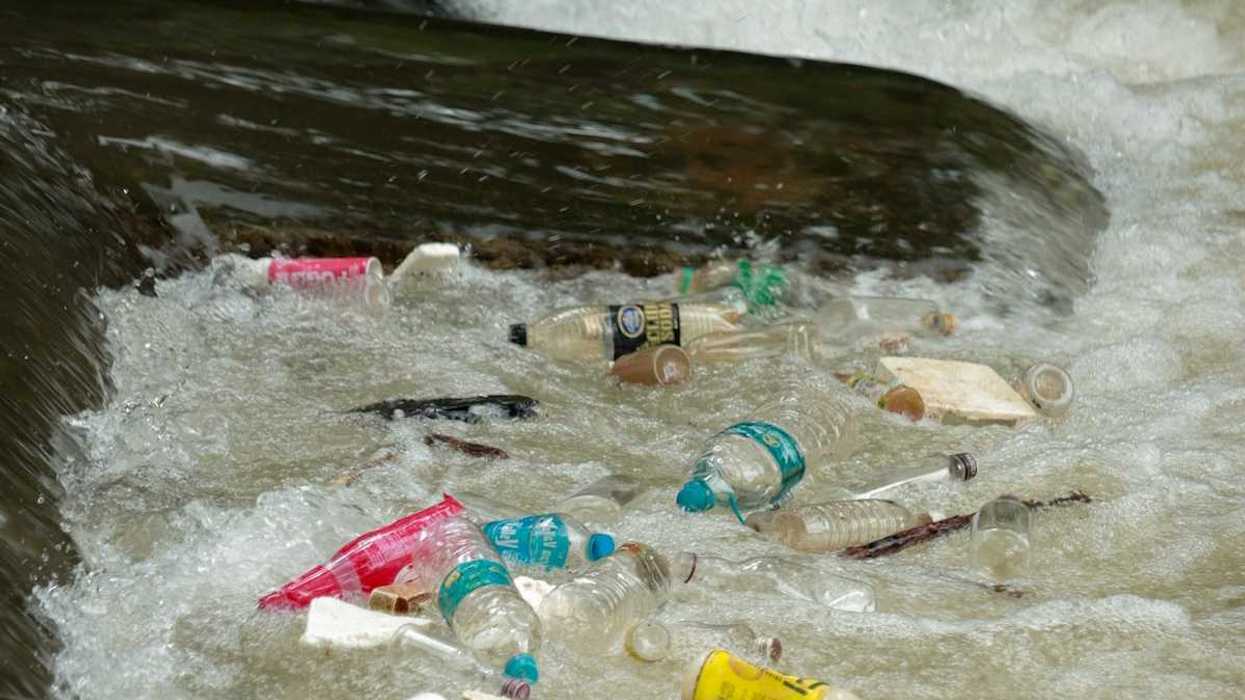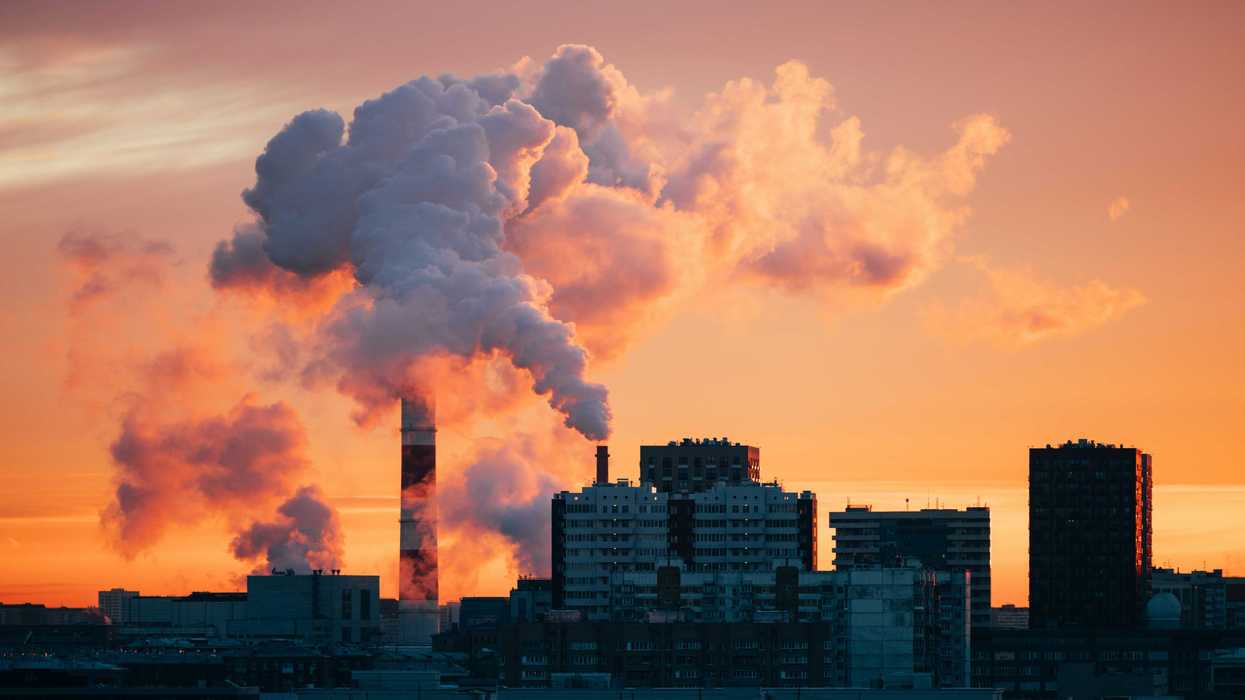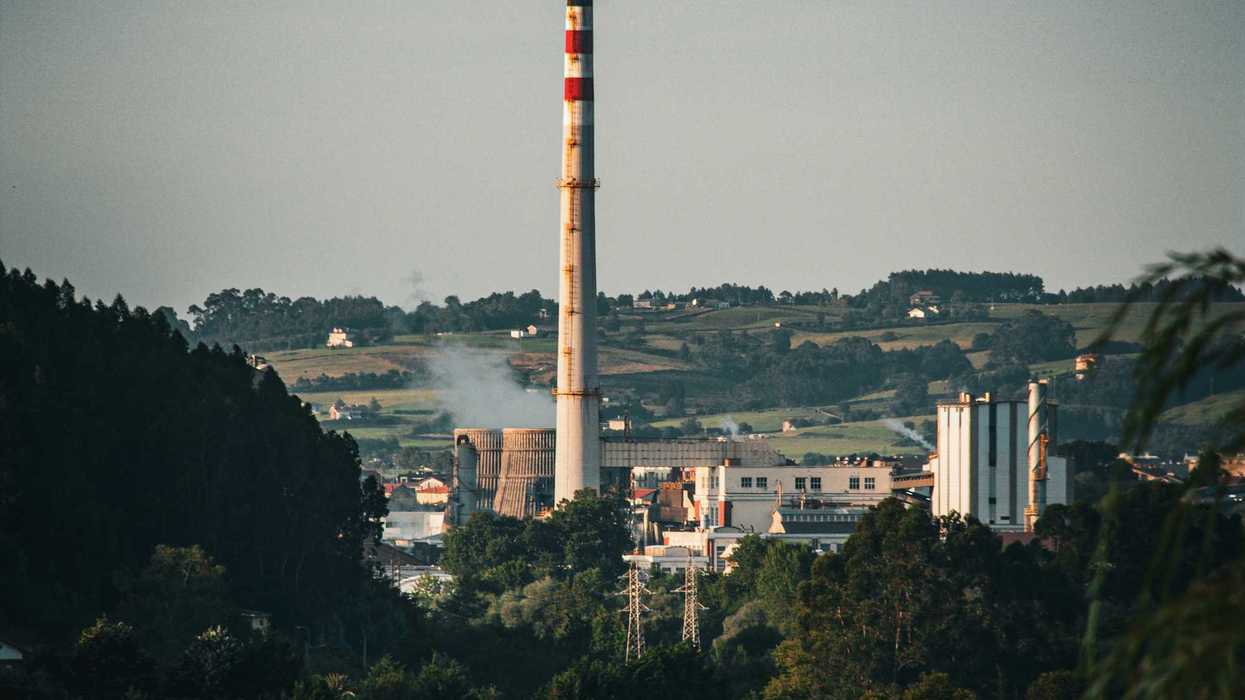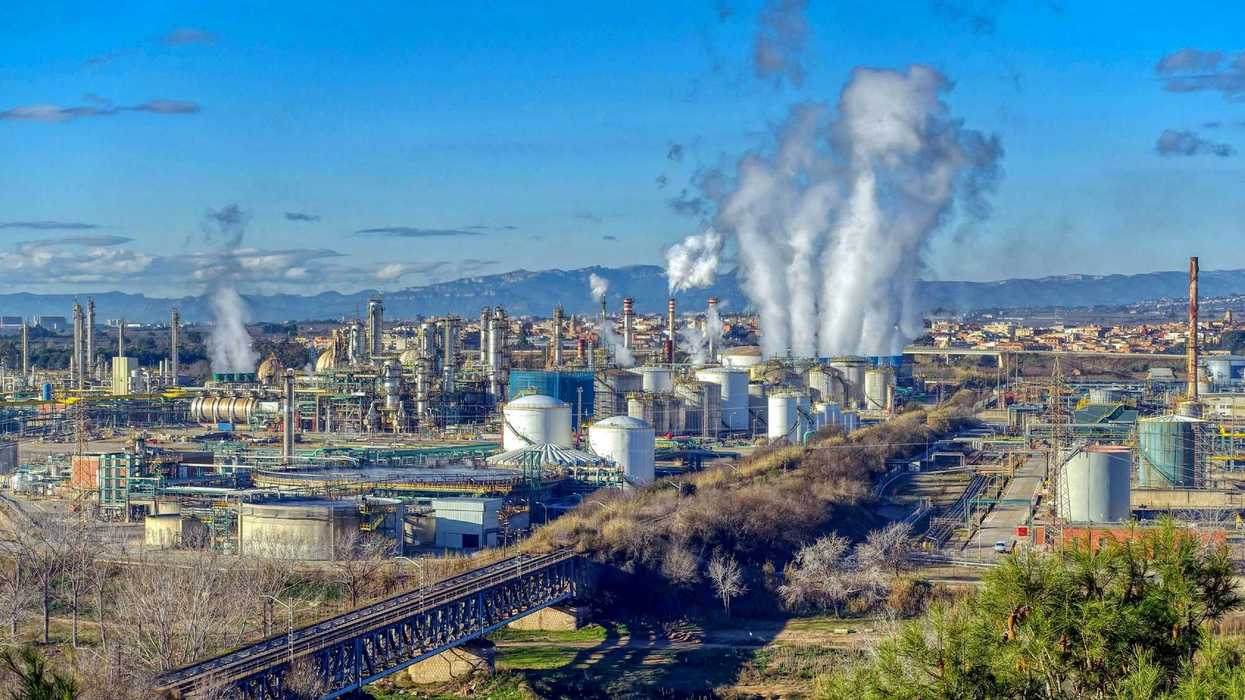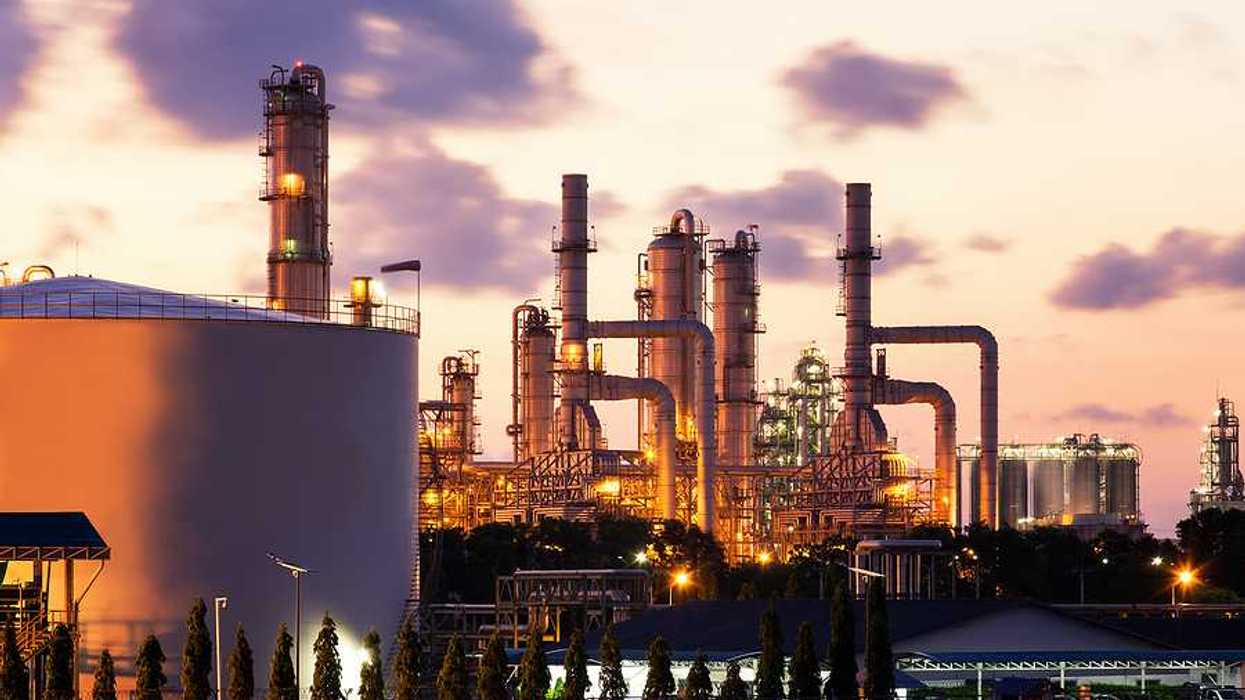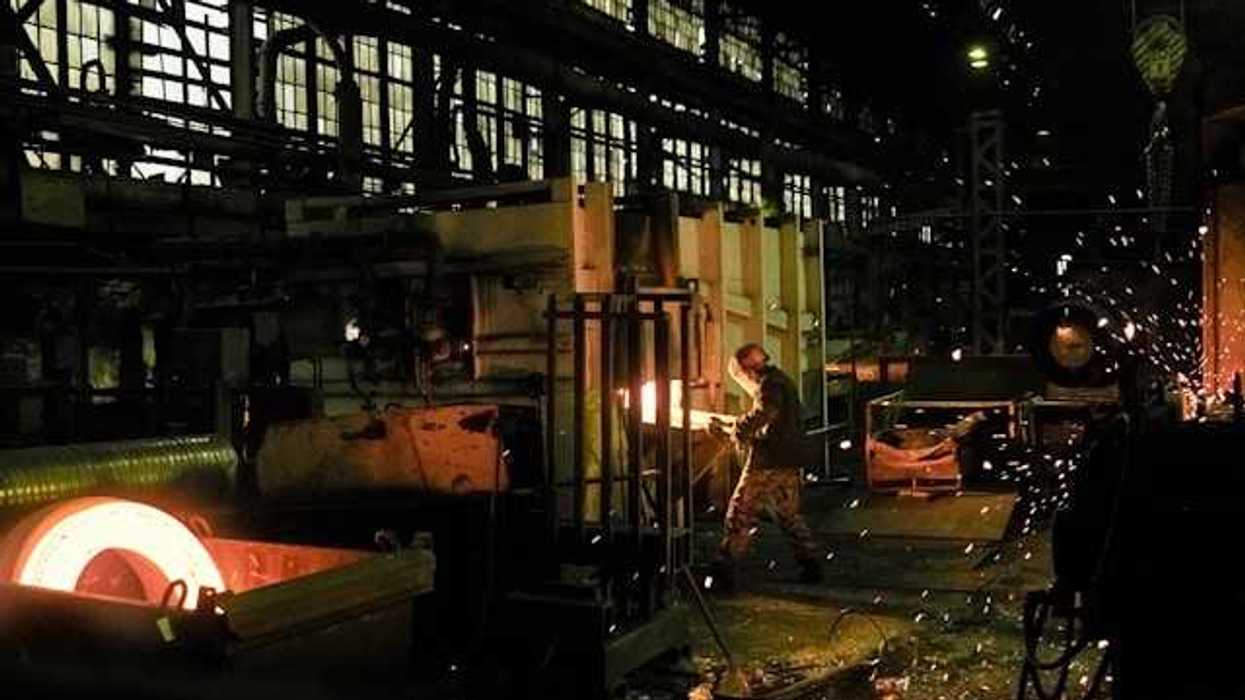New research suggests that manure digesters, hailed as a solution to livestock farm pollution, may actually exacerbate environmental harm by encouraging larger farms.
Laura Schulte reports for Milwaukee Journal Sentinel.
In short:
- Manure digesters, designed to collect methane from animal waste, are promoting the expansion of large farms, increasing manure production.
- The increase in herd sizes, driven by the incentive to produce more biogas, undermines the methane reduction benefits of digesters while digester byproducts threaten water quality.
- Kewaunee County, with its rising number of cows and decreasing farms, faces significant pollution problems linked to large-scale farming practices.
Key quote:
"We see in this report on Kewaunee County that farms with digesters increase their herd size."
— Molly Armus, animal agriculture program manager, Friends of the Earth
Why this matters:
Understanding the true impact of manure digesters is crucial for developing effective environmental policies that protect water quality and public health while addressing the broader issue of agricultural pollution. Read more: Environmental groups petition EPA to rescind factory farms’ “free pass to pollute.”



